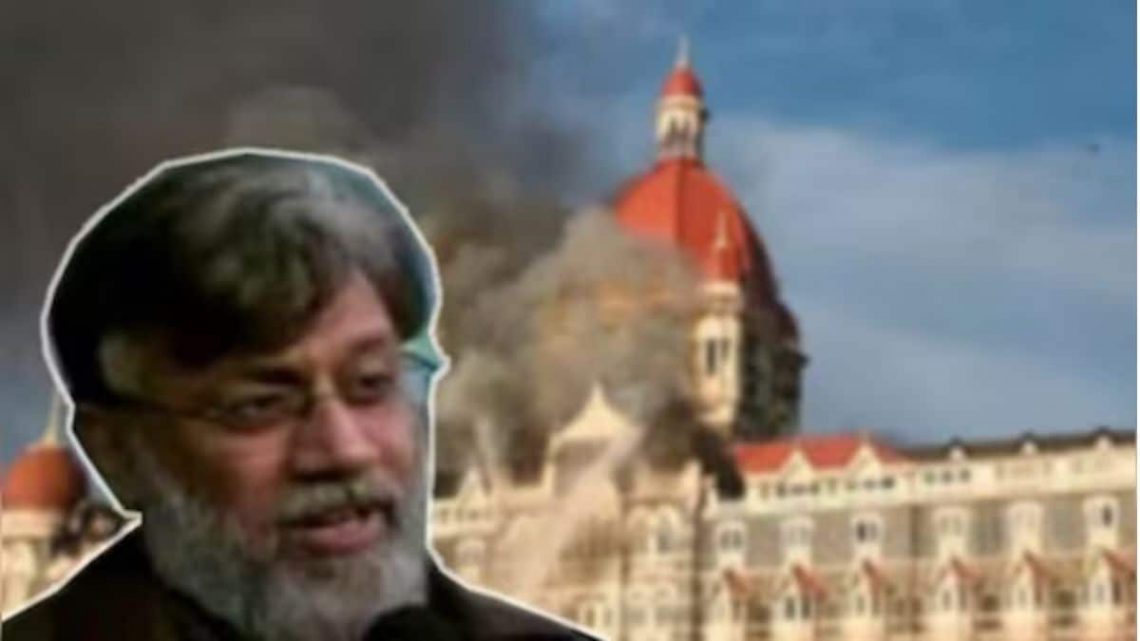The United States government supported the request of the Indian government and urged the Supreme Court to dismiss a petition filed by the 2008 Mumbai attacks convict Tahawwur Rana who had sought from court to block his extradition to India.
The US government requested the SC to reject “the petition for a writ of certiorari” submitted by Rana, a Canadian national of Pakistani origin.
On December 16, the US Solicitor General, Elizabeth B. Prelogar filed a response urging the top court to deny Rana’s petition. “The petition for a writ of certiorari should be denied,” she told the court in the filing.
In a 20-page submission, Prelogar argued that Rana is not entitled to relief from extradition to India in this case.
After having lost the legal battle against his extraditions in lower courts and several federal courts, including the US Court of Appeals for the North Circuit in San Francisco, which in August ruled, “The (India US Extradition) Treaty permits Rana’s extradition,” he filed a “petition for a writ of certiorari” with the Supreme Court on November 13.
The “petition for a writ of certiorari” filed with the apex court represented Rana’s final legal attempt to avoid extradition to India.
A writ of certiorari is a request to a higher court to review a lower court’s ruling. The word “certiorari” comes from Law Latin, meaning “to be more fully informed.”
Rana is currently lodged in a jail in Los Angeles. He faces charges for his role in the Mumbai attacks and is known to be associated with Pakistani-American terrorist David Coleman Headley, one of the main conspirators of the 26/11 Mumbai attacks.
India has been seeking his extradition as he is wanted in the case of 2008 Mumbai terror attack in which a total of 166 people, including six Americans, were killed.
In his “petition for a writ of certiorari to review the judgment of the United States Court of Appeals for the Ninth Circuit”, Rana has argued that he was tried and acquitted in the federal court in the Northern District of Illinois (Chicago) on charges relating to the 2008 terrorist attack on Mumbai.
“India now seeks to extradite him for trial on charges based on the identical conduct at issue in the Chicago case,” the plea has said.
Prelogar disagreed and said, “The government does not concede that all of the conduct on which India seeks extradition was covered by the government’s prosecution in this case. For example, India’s forgery charges are based in part on conduct that was not charged in the United States: petitioner’s use of false information in an application to formally open a branch office of the Immigration Law Centre submitted to the Reserve Bank of India.”
“It is not clear that the jury’s verdict in this case – which involves conspiracy charges and was somewhat difficult to parse – means that he has been ‘convicted or acquitted’ on all of the specific conduct that India has charged,” she further said.
With inputs from agencies.
Link to article –
US urges top court to dismiss 26/11 accused Tahawwur Rana’s plea opposing extradition to India

